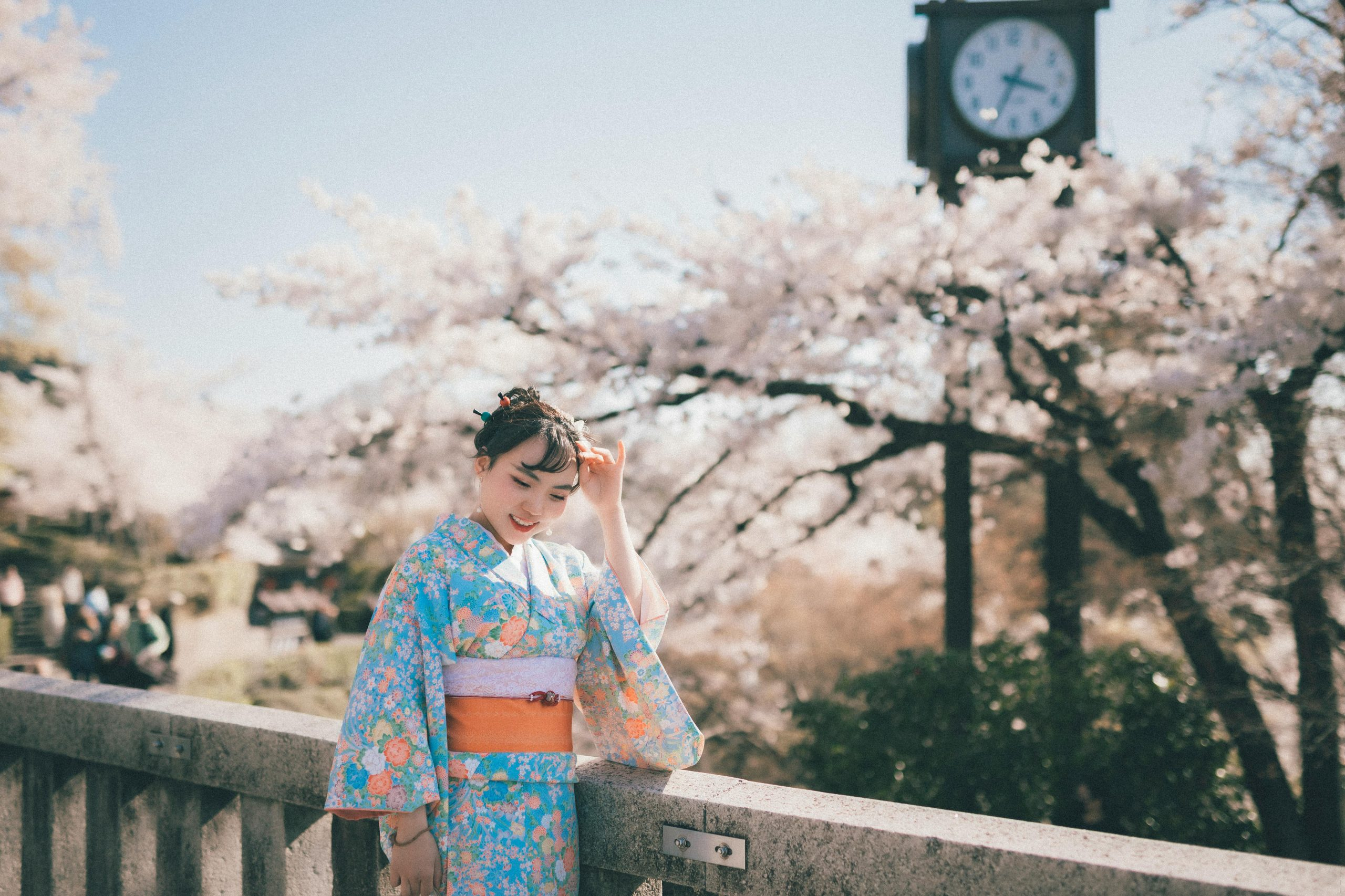How Pop Culture Shapes Seasonal Streetwear Collections
Streetwear has become more than just a fashion trend. It has evolved into a cultural movement that is constantly changing and adapting to the world around us. And one of the most influential factors in this evolution is none other than pop culture itself. From music to movies, TV shows to social media, pop culture has a strong influence on how streetwear collections are designed and launched. In this article, we’ll explore how pop culture shapes seasonal streetwear collections and the impact it has on the fashion industry.
The Rise of Streetwear
Before we dive into the influence of pop culture on streetwear collections, let’s take a step back and understand the rise of streetwear. Streetwear was initially considered to be a subculture in the 1980s and 1990s, popularized by skateboarders and surfers. It was all about oversized t-shirts, baggy jeans, and hoodies – anything comfortable and practical for the street. However, with the rise of hip-hop in the 2000s, streetwear found its way into the mainstream fashion industry and has been thriving ever since.
The Role of Music
One of the biggest drivers of streetwear is music. Arguably, no other genre of music has had a greater influence on streetwear than hip-hop. With its roots in street culture, hip-hop has embraced streetwear as a fashion statement and a way of life. From iconic artists like Run-DMC, who sported Adidas tracksuits and sneakers, to Kanye West, who launched his own streetwear brand Yeezy, music has played a significant role in shaping the aesthetic and style of streetwear.
Impact of Social Media
Another crucial aspect of pop culture that has shaped streetwear is social media. Platforms like Instagram, Twitter, and TikTok have become the go-to for streetwear trends and inspiration. Streetwear brands use social media as a tool to connect with their target audience, showcase their collections and collaborate with influencers. Social media has also elevated the hype and demand for limited edition streetwear drops, making it a coveted fashion trend.
Seasonal Collections and Pop Culture
With the ever-changing nature of pop culture, streetwear collections are also constantly evolving. Every season, there is a new theme or trend driven by pop culture that is reflected in streetwear. For example, in 2019, streetwear brands like Supreme and Off-White collaborated with popular TV series Game of Thrones to release limited edition collections, cashing in on the show’s massive following. Similarly, in 2020, streetwear saw a surge in tie-dye prints and oversized silhouettes inspired by the ‘90s nostalgia trend.
Collaborations with Celebrities and Influencers
Another way pop culture shapes streetwear collections is through collaborations with celebrities and influencers. Influencers and celebrities have a huge impact on their followers’ fashion choices, and streetwear brands capitalize on this by collaborating with them. Take the example of Vetements and Juicy Couture’s collaboration in 2020, which became an instant hit with Gen Z, thanks to social media influencers like Hailey Baldwin and Bella Hadid flaunting the tracksuits on Instagram.
The Future of Streetwear and Pop Culture
As we look into the future, it is safe to say that pop culture will continue to play a significant role in shaping streetwear collections. With social media, music, TV shows, and movies all having a strong influence on our lives, it is inevitable that they will continue to impact fashion trends. Streetwear, being at the forefront of pop culture, will always be a reflection of what is ‘cool’ and ‘trendy’. And as long as pop culture keeps evolving, so will streetwear.
In Conclusion
Streetwear and pop culture have a symbiotic relationship, continuously influencing and inspiring each other. With the rise of social media and the ever-changing nature of pop culture, the streetwear industry will continue to thrive and evolve. Whether it’s through music, social media, or collaborations, pop culture will continue to shape seasonal streetwear collections, making it more than just a fashion trend but a cultural movement.










